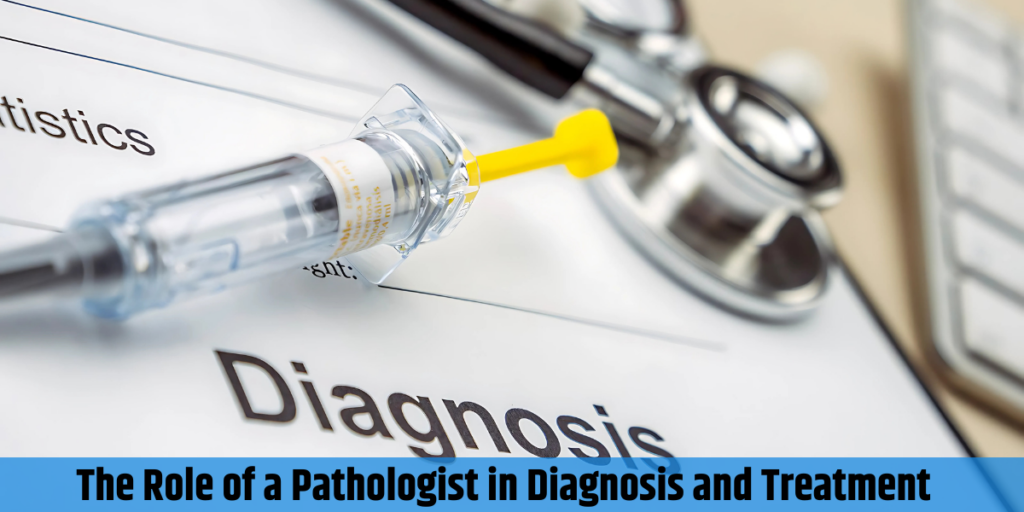
Pathologists are doctors who diagnose diseases by studying tissues, blood, and other body fluids. They play a key role in identifying illnesses, guiding treatments, and monitoring recovery, ensuring patients receive accurate and effective care.
Who is a pathologist, and what do they do?
A pathologist is a doctor who studies tissues, cells, and body fluids to understand diseases. They perform tests and examine samples under a microscope to help diagnose conditions like infections, cancers, and other illnesses.
Why is pathology important for diagnosis?
Pathology helps doctors confirm a diagnosis. For example:
It can show if a lump is cancer or something harmless.
It can identify what type of bacteria or virus is causing an infection, helping doctors choose the right medicine.
Without pathology, doctors would have to rely only on symptoms, which can be unclear.
What types of pathology are there?
Pathology has several branches, such as:
Anatomical Pathology: Examining tissues and organs to identify problems like tumors.
Clinical Pathology: Testing blood, urine, and other fluids to check for diseases or imbalances.
Molecular Pathology: Looking at genes to detect inherited conditions or changes linked to diseases.
Forensic Pathology: Investigating causes of death, often in legal cases.
Do pathologists meet patients?
Pathologists mostly work in labs, but sometimes they do meet patients. For example, they may take samples during certain procedures, like a bone marrow test.
What tools do pathologists use?
Pathologists use many tools to study samples, including:
Microscopes to look at cells.
Tests to find bacteria, viruses, or specific disease markers.
DNA analysis to study genetic changes linked to diseases.
How accurate are pathology tests?
Pathology tests conducted by reputable Pathology Labs in Dehu at Aadhar Multispeciality Hospital are generally very reliable. These labs use advanced diagnostic tools and techniques to ensure accurate results. However, as with any medical test, there can be occasional ambiguities. In such cases, doctors may recommend additional testing or seek a second opinion for confirmation. Choosing a trusted pathology lab ensures the highest standard of accuracy and care.
How do pathologists help with modern treatments?
Pathologists study disease markers that guide treatment decisions. For example, in certain cancers, they test for specific genes that help doctors decide which medicine might work best.
How do pathologists contribute to early detection?
Pathologists help catch diseases early through tests like Pap smears, blood tests, and screenings. Finding a problem early can make treatments more effective.
What role do pathologists play in public health?
Pathologists help track disease outbreaks, such as COVID-19, and study patterns to guide public health decisions. Their role is especially important in diagnostic centres, like a Diagnostic Centre in Dehu, where they can analyze trends in health data and inform decisions that protect communities. While pathologists may not always meet patients directly, their work is essential for doctors to make informed choices. They help ensure accurate diagnoses and guide the development of effective treatments.

